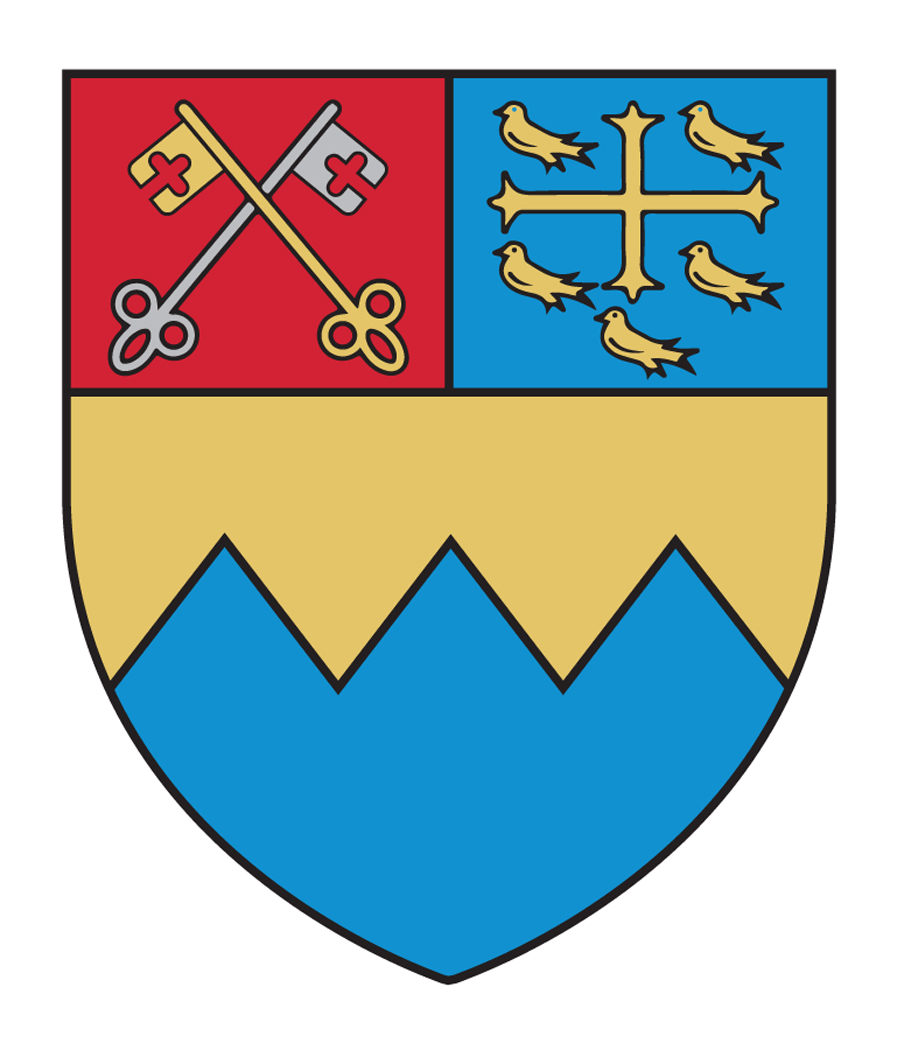
Please see below Fr Gabriel's Homily for the Solemnity of the Epiphany
In the gospel today the wise men who come from the east, looking for the infant king of the Jews stand for the nations, the Gentiles, coming to Christ. This is one of the themes of this multi-layered feast of the Epiphany. The theme of the nations coming to Jerusalem is an ancient one in the Jewish scriptures, notably in the prophets. We find it in early Isaiah, in Micah, later in Zechariah and today in a later part of Isaiah, our first reading: ‘The nations come to your light and kings to your dawning brightness’. They come ‘bringing gold and incense and singing the praise of the Lord’.
The wise men who come in the Gospel to Jerusalem, have been following a guiding star, in Isaiah’s prophetic words ‘a dawning brightness’. Yet with terrible consequences, they nearly go wrong right at the end of their journey, despite a faithful and no doubt arduous following of their star. It seems natural for them to seek a new born king in a royal palace and thereby they come into the presence, of a dark, brooding, jealous power that seeks to manipulate and deceive in order to destroy. But their long, faithful and arduous search will have nonetheless its reward, notwithstanding this fall. Hearing that the king is to be born in Bethlehem not in Jerusalem, they set out and rediscover their guiding star; we are told that the sight of it fills them ‘with delight’.
And so they come to their goal: ‘going into the house’ they see ‘the child with his mother Mary’. So ‘the nations come to your light and kings to your dawning brightness’. And what happens next? It seems so briefly told, such a brief goal for what must have been such a long journey there and back. There is no long stay, no discussions to glean new wisdom – this is a new born child with a simple mother, no guru disclosing the secrets of life and death, of earth and heaven, with a wisdom worth all the toils of the journey. At the still centre point of their journey there and back, there is just a brief moment of contemplative wonder, a moment, it may be, in and out of time and yet worth all the toils of their journey: ‘they saw the child with his mother Mary’. There is the wordless exchange of gifts, royal, divine and sacrificial. And then, with a warning in a dream, a return to their own country by a different way.
But then key to the meaning and to our entering into the meaning for ourselves on our journey, between the seeing and the giving of the gifts, they fall to their knees and do him homage. It is what they had told Herod they would do, who tells them he wants to pay his homage too. It is the evangelist Matthew who is telling us this story. They do him homage, an act of worship. It is a phrase used more in Matthew than in other gospels. It recurs, for example, when the devil tempts Jesus and asks him to bow down before him in homage. Jesus replies, pay homage to God alone. It is used of a number, a leper, an official, a Canaanite woman all begging a miracle, by the mother of James and John craving a privilege and closer to the wise men, of those in the boat after Jesus walks on the water.
And then it comes at the end of Matthew’s story at the resurrection in two acts. Mary of Magdala and another Mary meet the risen Jesus. They fall to their knees and clasp his feet and ‘they do him homage’. Lastly on a mountain in Galilee, the eleven disciples see the Lord, they fall down in homage, though some hesitate. They are given their charge: ‘go make disciples of all the nations’: in other words, bring the nations to Christ’s light and to his dawning brightness. And they are given a promise: ‘I am with you always, yes to the end of time’.
What does this mean for us? We are called to follow the light of faith to find the Christ, the dawning brightness. It will be at times a long and hard journey and we are not preserved from falls and grievous mistakes, but the Lord’s grace will pick us up and set us again on our way. Those who search will find, we have this solemn promise and it is true. There is a journey’s end, a still moment of contemplation. We pay our homage. There is something beyond imagining in the seeing and in the homage, put in this extraordinary way by St John: ‘we shall be like him, because we shall see him as he is’ (1 John 3:2). Then in another place in St John, something which shows us how this moment of contemplation, kneeling and homage by the wise men passes into eternity, no longer the arduous coming and going of the journey but only the arrival, which is a homecoming; ‘for this is eternal life, to know you, the only true God, and Jesus Christ whom you have sent’ (John 17:3).


